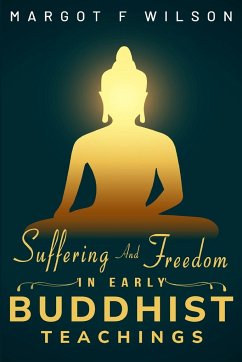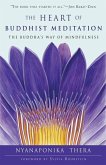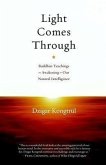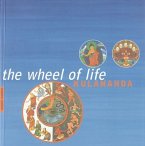In this chapter I will discuss a variety of issues concerning determinism and free will, with the aim of establishing a Buddhist-compatible position that stands as an alternative to current western paradigms. The core theoretical term within this Buddhist-compatible position is 'participatory will'. 1 Unpacking the significance of this term will bring additional value to the standard free will versus determinism debates, both within Buddhist scholarship and neuroscience. In order to explain participatory will I must first articulate its metaphysical basis. As I will explain, this metaphysical basis is to be found in the historical Buddha's teaching on impermanence. Dennett-style common sense2 tells us that in every given day there is recognisable consistency and stability in every aspect of the natural world. To render the notion of participatory will consistent with common sense, I propose that there must be some form of equilibrium3 at work enabling the appearance of consistency and stability despite Impermanence in nature and mind. I will argue that embedded within impermanence must be some basis for coherencemaking forces or dispositions. I am proposing that metaphysical equilibrium is necessary to account for the balanced tension between constant change, stabilised forms of nature and stabilised fluid cognitive experience as mind.








